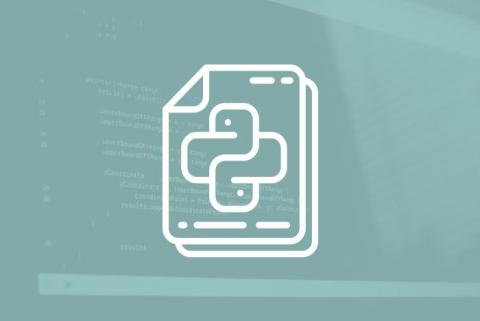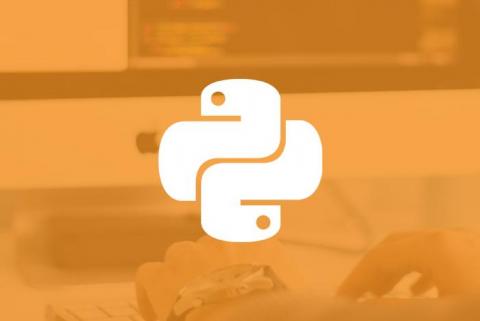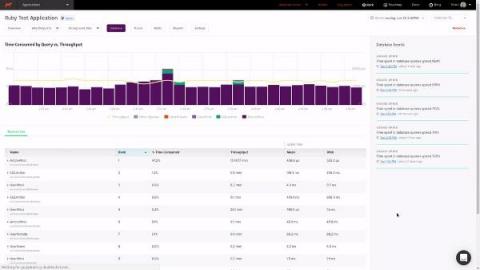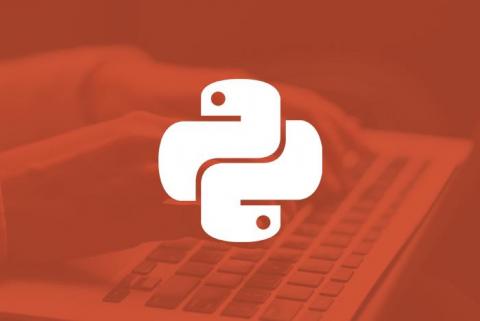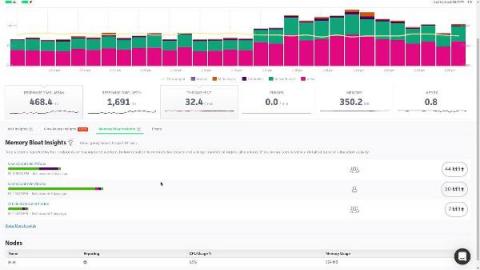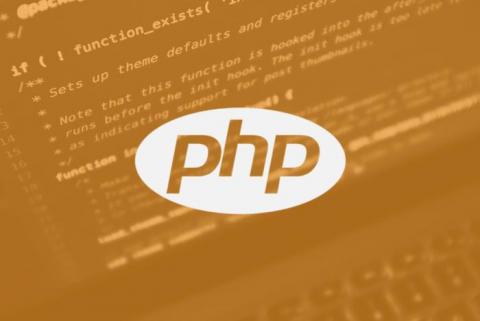How to Create a Python Stack
All programming languages provide efficient data structures that allow you to logically or mathematically organize and model your data. Most of us are familiar with simpler data structures like lists (or arrays) and dictionaries (or associative arrays), but these basic array-based data structures act more as generic solutions to your programming needs and aren’t really optimized for performance on custom implementations. There’s much more than programming languages bring to the table.


